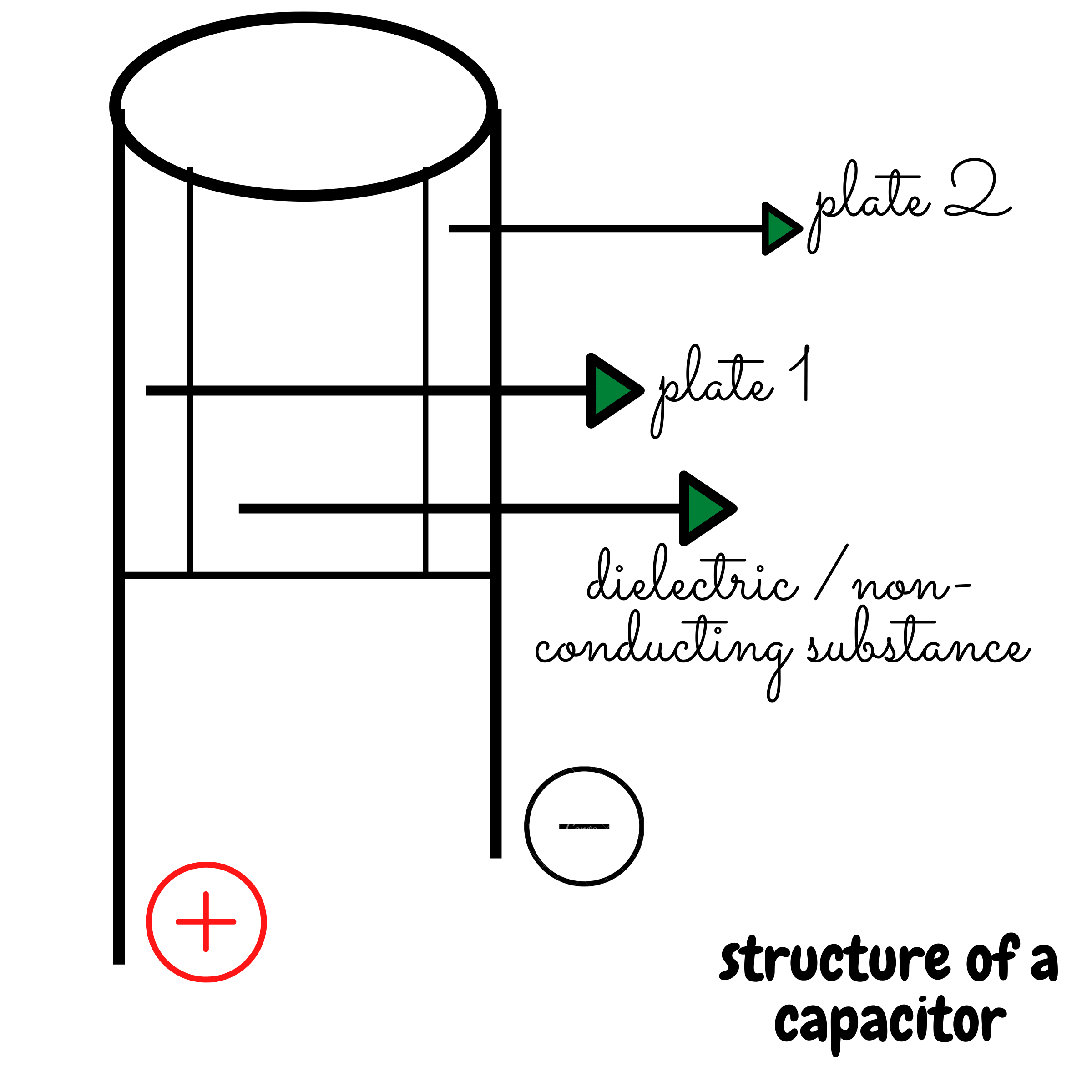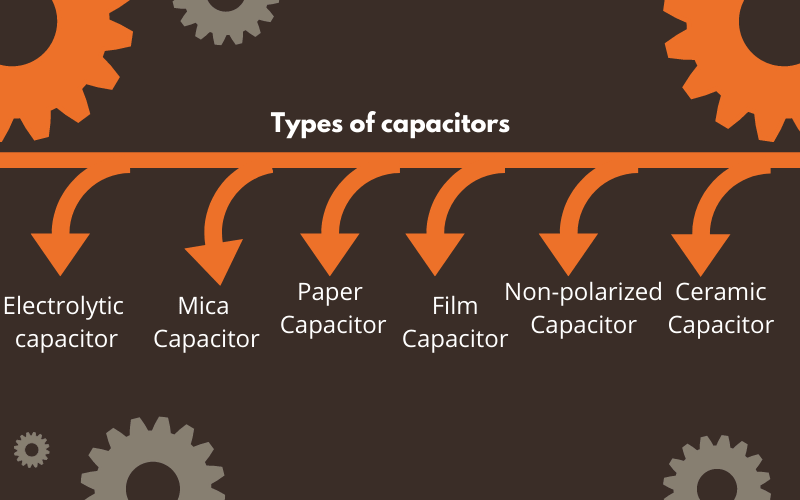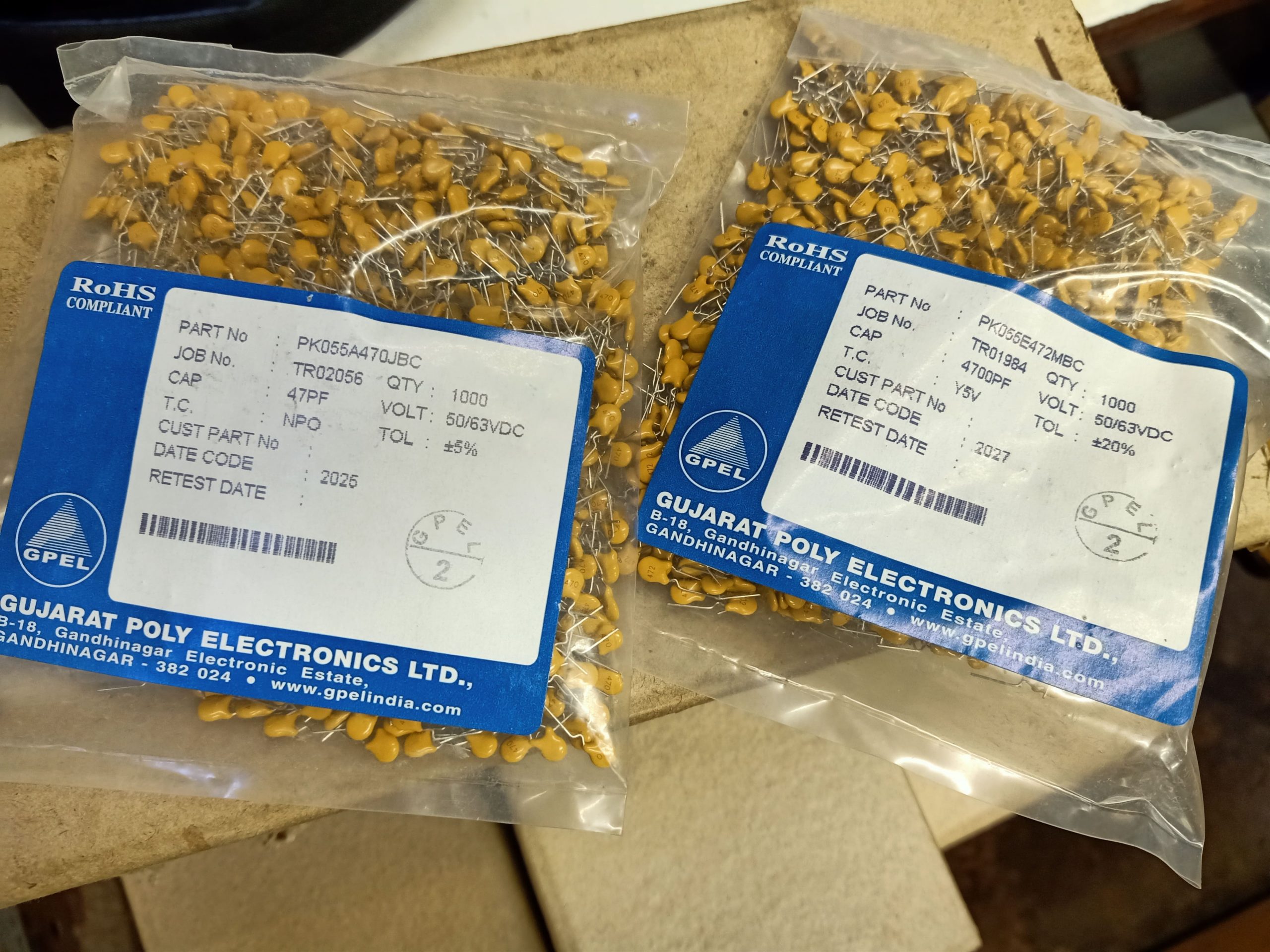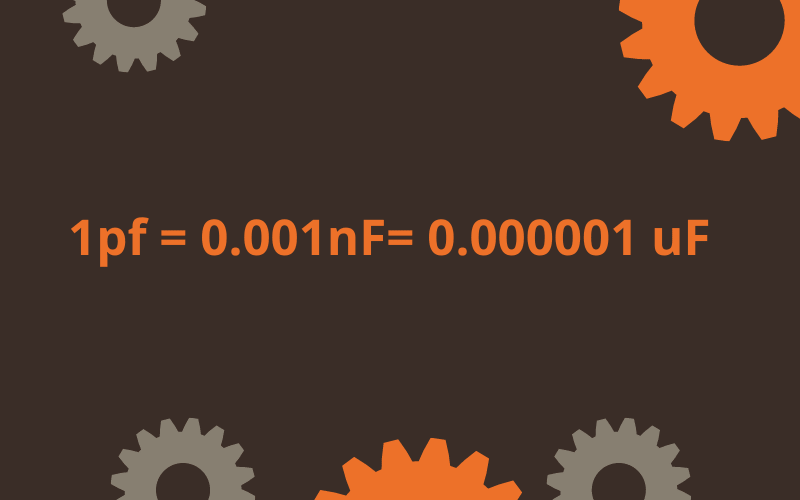What is a capacitor?
Capacitors can be easily confused with that of a battery. The battery stores energy in chemical form whereas a capacitor stores energy as an electrical charge. It is that one electronic component that is almost found in every circuit board.
Usage:
It is mainly used in a circuit to store electrical charge so that even if the power source is switched off or removed, the circuit is working or continues to perform for some time using the electrical charge stored in the capacitors in the form of electrons.
The basic structure of a capacitor:

One should decide on what kind or type of capacitor one wants to use keeping two things in mind:
1) What kind of dielectric substance is used inside the capacitor?
2) What is the end-use of the capacitor?
Both these points are much interrelated. For example, ceramic capacitors are used for high-frequency machines like spa machines. Glass capacitors are used in circuits having high voltage like coffee brewer machines. On the other hand, paper capacitors are used in speakers or radio receivers.
Types of capacitors:

Today in this blog we are going to learn about ceramic capacitors. Ceramic capacitors are the ones that use a ceramic disk as a dielectric substance or insulator.
MLCC is called a multi-layer ceramic capacitor. It is widely produced in large quantities and used widely as a PCB component. The most common type under MLCC is SMD or surface-mounted type. These capacitors are not polarized and can’t cause any harm while connecting it to an AC source. Moreover, MLCCs does not have a huge capacitance value and operating voltage. It normally ranges between 1nf and 1uF.

Another type of capacitor is the ceramic disc capacitor. It is produced by a coating disc made of ceramics attached to silver contacts on both sides. Ceramic capacitors are not much favored due to its shape, through-hole. The capacitor value ranges from 10pf and 100uF.

REC is the distributor, wholesaler, and retailer of a wide range of MLCC & ceramic disk capacitors. Do place your valuable inquiries here!


Recent Comments